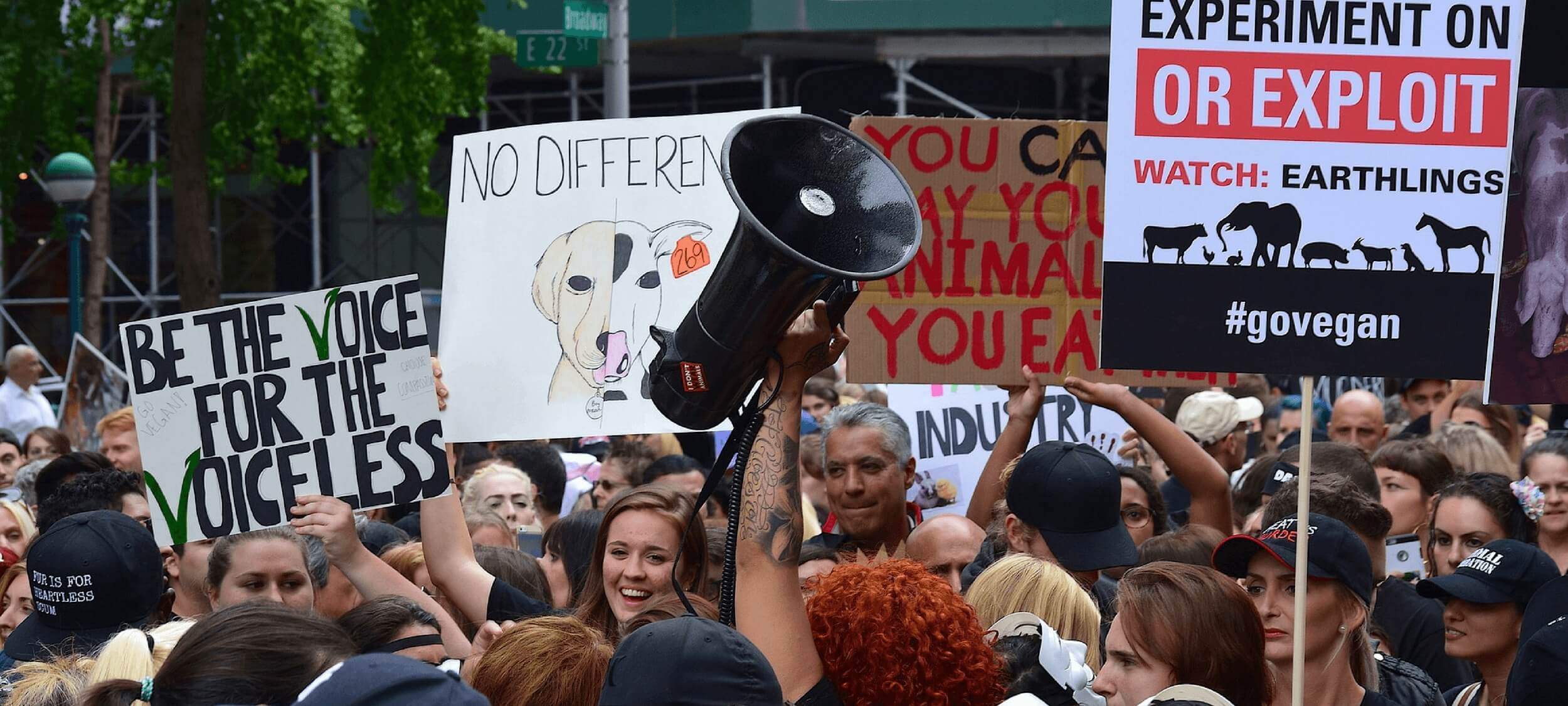
Space: the final ethical frontier
Opinion + AnalysisClimate + EnvironmentScience + Technology
BY Matthew Beard 24 SEP 2020
The German philosopher Immanuel Kant once famously said “Two things fill the mind with ever new and increasing admiration and awe, the oftener and the more steadily we reflect on them: the starry heavens above and the moral law within.”
It probably didn’t occur to Kant that there would come a day when the moral law and the starry heavens would find themselves in a staring contest with one another. In fairness though, it’s been almost 250 years since he wrote that quote. Today, those starry heavens play an increasingly important role in human affairs. And wherever there are people making decisions, ethical issues are sure to follow.
To get to know this final ethical frontier, I had a chat with Dr Nikki Coleman, Senior Chaplain Ethicist with the Australian Air Force. Nikki is a bona fide space ethicist to help us get up to (hyper) speed with all the new issues around ethics in space.
Is space an environment?
One of the largest contributions of the field of environmental ethics has been to encourage people to consider the environment as having value independent of its usefulness to humans. Before environmental ethics emerged as a field, many indigenous cultures and religions had already embedded these beliefs in the way they lived and related to land.
“The idea of space is that it’s a ‘global commons’,” says Coleman. “It belongs to all of us on the planet, but also to future generations. We can’t just dump space debris. We have to be careful about how we utilise resources. Like the resources on Earth, these resources are finite. They don’t go on forever,” she says.
This echoes one of the most common arguments about preservation and sustainability. We take care of the planet not just for ourselves, but for future generations. The challenge is helping people to understand that custodianship of space means thinking about the long tail on the decisions we make now. In fact, it might be even more difficult when it comes to space because, well, space is big, and it’s a long way away and we’ll likely never go there ourselves.
“What happens in space is the same as what happens on Earth, but it’s more remote,” Coleman tells me. And yet, despite this, what happens in space affects us profoundly. Just as we rely on trees, ecosystems and other aspects of the natural environment, we are reliant on parts of space as well. “Even though these objects feel further away from us, we still have an interdependency and a relationship with space,” explains Coleman.
What role should private companies play?
We’ve seen a lot of noise about space being made by private companies like SpaceX and Virgin – which is an enormous change from the time when travelling to space was something you could only do from a national space agency in a wealthy nation. But these companies have very different motivations for expanding into space.
“Space,” says Coleman “has become a very congested space.” “The cost of space operations has dramatically decreased, and we’re now seeing whole organisations devoted to their own space operations rather than as part of a government.”
This is where some issues can arise, “because what’s appropriate for a commercial operator in returning profits to stakeholders is not necessarily what’s appropriate for the whole of the planet.” Space is a ‘global commons’, it should be used to serve everyone’s interests – including future generations – not just the needs and wants of a single company or nation. It’s unclear to what extent commercial operators are taking the idea of a global commons seriously.
“We have someone like Elon Musk putting a car into space – which is the ultimate litter – or talking about putting 42,000 satellites into low-earth orbit, which obviously creates problems around congestion and space debris,” Coleman explains, referring to Elon Musk’s proposed ‘Starlink’, a network of satellites that could dramatically improve broadband speeds.
The interstellar garbage dump
Space debris is a big deal. We probably all remember in primary school learning about how different parts of a rocket break apart as they launch into space. Some of that burns up in the atmosphere, but lots of it remains in orbit. And it’s not just a few parts of rockets and a random Tesla. There is a lot of junk floating around in orbit around earth.
“Why that is problematic is it actually stays there for a really long period of time,” Coleman explains. “Some of it will decay in orbit and burn up in the atmosphere, but a lot of it could stay there for tens of thousands of years.”
But it’s not just that the debris sticks around. It’s that it can wreck a whole lot of important stuff whilst it orbits around the planet.
Coleman tells me that debris can interfere with our current satellites. ”The International Space Station is actually quite vulnerable. It only takes a small puncture to make it a life-threatening situation. And the issue is growing because we’re putting more and more satellites – including small satellites that don’t manoeuvre – into space.”
The worst-case scenario when it comes to space debris was depicted in the recent film Gravity, where the debris destroys satellites, generating even more space debris in a cascading process called Kessler Syndrome.
“The idea of having a whole area of space that is full of space debris will actually have massive impacts for the future,” Coleman warns. We use satellites for so many things: communication, food security, navigation… it’s not just about posting on Twitter and putting photos on Facebook.”
“The precursor for space debris is lots of things in space, so that’s why it’s problematic when someone talks about putting tens of thousands of satellites into orbit.”
The militarisation of space isn’t new
Coleman is quick to point out that space and the military have a long history. In fact, Sputnik was a Russian military satellite, which means “we have had a militarisation of space operations right from the get go.”
However, there are some changes in the way that militaries are thinking about space today. “Currently, military operations in space predominantly look at satellites and communication and dedicated military satellites for example, we’re with starting to see an increase in aggressive uses of military uses of space,” says Coleman.
The challenges here are myriad, but one significant one is that so much of what’s up in space is infrastructure that both civilians and the military need. Usually, the law and ethics of war don’t permit the targeting of infrastructure used by civilians when that would be disproportionately harmful to them.
“I would argue that a civilian satellite is not a legitimate target because it could have catastrophic effects for the civilians that rely on that satellite.”
“Space debris is climate change 2.0”
Ok, yes, we already talked about space debris but it’s so interesting we have to do it twice. See, space debris isn’t just garbage; it’s property.
“If you throw a bottle into the ocean, anyone can pick that up. That means that all the plastic in the middle of the ocean can actually be collected and recycled and made into something commercially viable,” Coleman explains. “But everything that goes into space is actually the property of the country that launched it.”
This means even if someone wanted to tidy up space, they couldn’t. Anyone can litter the global commons, but that doesn’t mean anyone can tidy it up. The rubbish belongs to someone.
This is where Coleman sees the analogy to climate change beginning. No one person or group can solve the problem. “We need to work together internationally to search to solve the problem of space debris,” she says. “I’m really excited that at the moment there is a large amount of discussion internationally about climate change, but there isn’t a lot being done around [space debris].”
The other, more frightening, climate change analogy is in terms of the threat posed by space debris. “It has the capacity to have a much faster impact on life on the planet,” says Coleman. “It could push us back to the 1950s.”
If there’s life on Mars, can we live there?
It seems interesting that at a time when many societies are coming to grips with the harms and problems colonisation has had around the world, there are people seriously contemplating the colonisation of Mars. For Coleman, this reveals one of the central ethical questions – not just for space, but in any walk of life. How far do our moral obligations extend?
“Do we have a duty not just to ourselves but to others as well, and do we have a responsibility to future generations of humans or potentially future generations of whatever is growing on Mars?”
We accept that we have obligations to future humans, but it seems quite different to say that we have obligations to a microbial life form on Mars. However, Coleman poses a further question: do we also have duties to whatever that microbial organism might evolve to be in millions of years?
“If we find life, do we owe it the opportunity to grow and develop into something that might eventually turn into intelligent life?”
I, for one, welcome our new microbial brothers and sisters.
Ethics in your inbox.
Get the latest inspiration, intelligence, events & more.
By signing up you agree to our privacy policy
You might be interested in…
Explainer
Climate + Environment
Thought Experiment: The Last Man on Earth
Opinion + Analysis
Relationships, Science + Technology
If humans bully robots there will be dire consequences
Big thinker
Politics + Human Rights, Science + Technology
Big Thinker: Francesca Minerva
Opinion + Analysis
Climate + Environment, Health + Wellbeing




